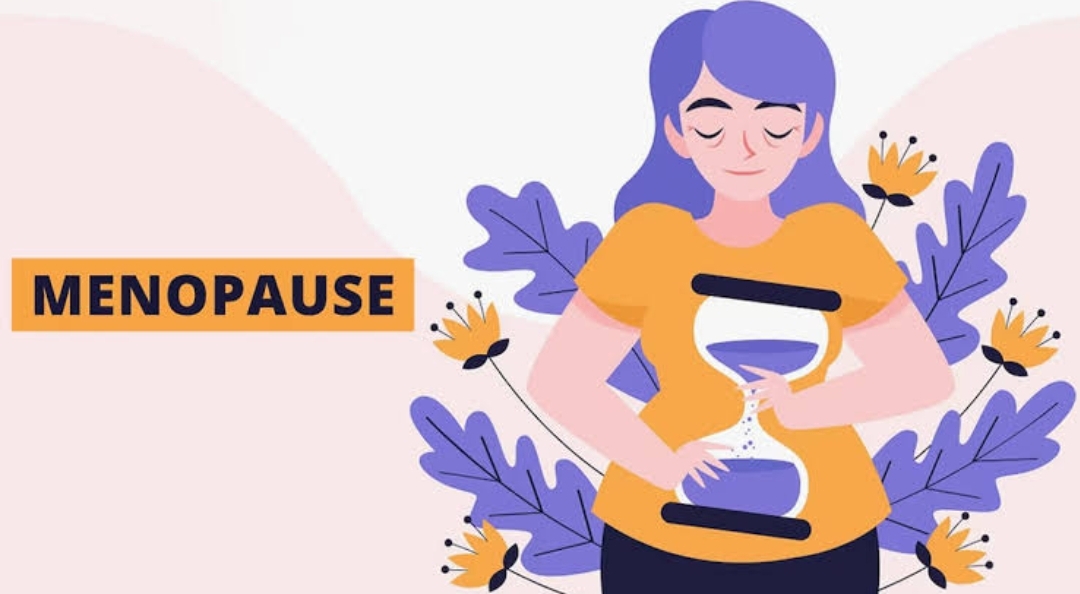Managing Menopause: Tips and Treatments for a Smooth Transition

The natural occurrence of menopause signifies the conclusion of a woman’s reproductive years. This unavoidable change does not imply that women will endure hardship. Women can navigate the menopause with composure and elegance by utilizing knowledge and techniques. In this article, https://lma-llc.com, will offer guidance and remedies to aid women in navigating this momentous stage of life with ease.
Understanding Menopause
Menopause can affect women between the ages of 45 to 55. However, it may occur earlier for some. It’s defined as the cessation and absence of periods for at least 12 consecutive months. Physical and psychological symptoms may result from the hormonal fluctuations that accompany menopause, including night perspiration and heat flushes.
Lifestyle Changes
- Food and Nutrition. Maintaining a balanced diet during the menopause period is very important. Include a balance of fruits, veggies, whole grains, and healthy fats in your meals. Vitamin D and calcium-rich foods are beneficial for bone health. Reducing your caffeine and liquor intake may also help relieve some menopausal effects.
- Regular Exercise: Exercise is vital for managing the menopause. Regular physical activity benefits weight loss, mood enhancement, and overall well-being. It would help if you aimed to exercise for 150 minutes a week at a moderate intensity.
- Management of Stress: Chronic stress may exacerbate menopausal syndromes. Reduce stress by using yoga, meditation, or deep breathing techniques. These methods help you maintain emotional stability and reduce the intensity of hot flashes or mood swings.
- Adequate sleeping. Many menopausal females experience sleep disturbances. Set up a sleep environment conducive to rest and create a sleep schedule. Consult with a doctor for help if needed.
Hormone Replacement Therapy (HRT)
Hormone Replacement Therapy (HRT), available through medical professionals and services like lma.com, is an effective option for treating menopausal syndromes. HRT involves using medications containing progesterone and estrogen or a mixture of the two to replace the declining hormones during menopause. It can help relieve symptoms such as vaginal drier and mood swings.
Non-Hormonal Treatments
If you are looking for non-hormonal treatment options, or if you cannot use hormones due to your health condition, then there are several options.
Vaginal estrogen: Vaginal estrogen products may provide relief to women who are experiencing discomfort or dryness in their vaginal tissues during sexual activity. These products, which are available in creams, rings, tablets, and gels, are applied directly onto the vaginal tissue.
The Herbal Supplements: Certain herbal supplements such as evening primrose and black cohosh have been marketed by some companies as natural remedies for symptoms of menopause. Even though they may work for some women, it is best to consult a medical professional first since their effectiveness and safe use can vary.
Regular Check-ups
It would help if you visited your healthcare provider regularly during menopause. You can monitor your overall health, assess your risk factors, and receive advice on symptom management. This is when routine screenings, such as mammograms, become even more important.
Conclusion
Menopause can be a transformative and natural experience for every woman. The menopause can bring challenges but also allow you to grow and empower yourself. Women who are committed to a healthy lifestyle, consider treatment options, such as Hormone Replacement Therapy (HRT), explore non-hormonal remedies, and maintain regular check-ups can navigate the menopause with grace.





